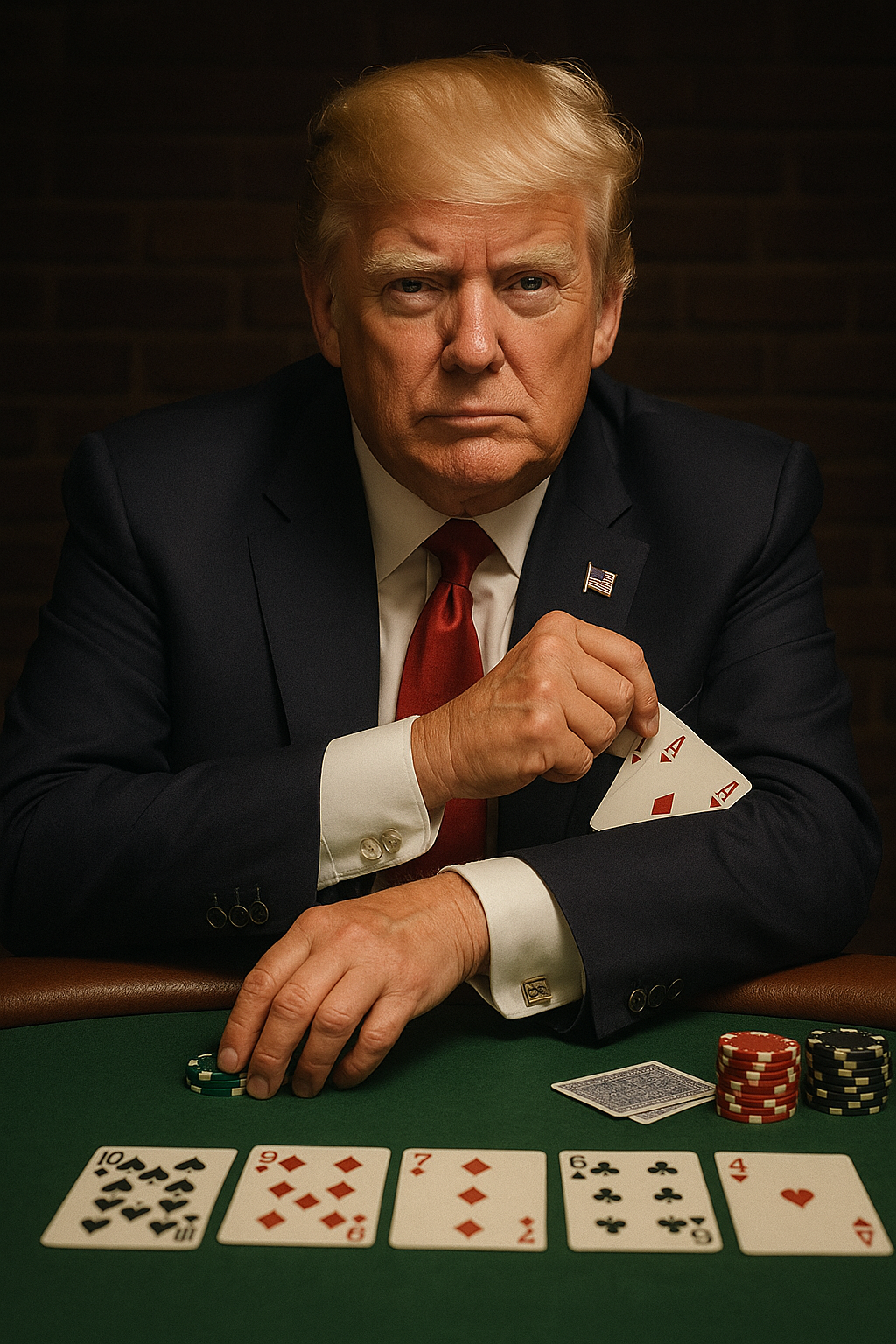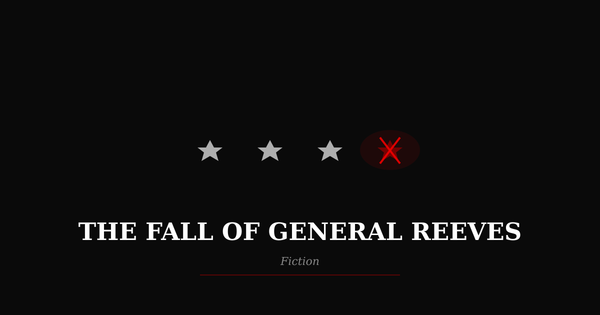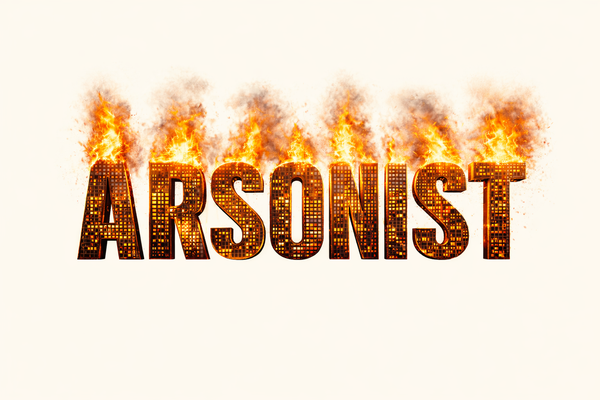PrumpTutin News is Sadly All the Same

Summary
Trump’s tell isn’t subtle—it’s a foghorn. Whatever he accuses others of, he’s already done himself. Election fraud? He’s on the phone begging Georgia to “find” votes. Nepotism? He turned the White House into a family timeshare. Leakers? He’s calling reporters as his own fake publicist. But the darker truth is in what he attacks: the Postal Service, the EPA, the State Department—anything that works, he wrecks. His corruption demands a broken world to justify itself. And here’s the kicker: we saw it, knew it, and elected him anyway. That’s not just his tell. It’s ours.
Trump’s Tell
Every poker player has one. A tell. With Trump, it’s simple: whatever evil he accuses someone else of, check his pockets. You’ll find it there, still warm.
It isn’t complicated psychology. It isn’t even interesting psychology. It’s the kid with chocolate on his face pointing at his sister and yelling, “She ate the cookies.”

Except this kid has nuclear codes.
The pattern is boring in its consistency. He screams about election fraud while calling Georgia to “find” votes. He bellows about Biden’s nepotism while installing his family in the White House like a timeshare in Palm Beach. He shrieks about leakers while dialing reporters from an unsecured phone, pretending to be his own publicist.
It goes back decades. In the 1980s he phoned newsrooms as “John Barron” to brag about his own deals and sex life. He was his own fake source. The tell was obvious even then: accuse the press of making things up while literally inventing people to feed them lies.
Remember when he accused Obama of wiretapping? Check the date. It landed as his own campaign’s contacts with Russia drew legal scrutiny. That wasn’t strategy. It was confession.
This isn’t projection in the therapeutic sense. It’s deliberate. He does the thing, then accuses you of it first. Playground rules: whoever says it first wins.
Here’s the darker part: when Trump attacks something that works, he isn’t deflecting. He’s demolishing. The Postal Service worked, so he gutted it. The EPA protected, so he stacked it with coal lobbyists. State held alliances together, so Pompeo torched the bridges.
If an institution functions—if it helps people—it rebukes his thesis that everything is corrupt and everyone is crooked, so his corruption is just “playing the game.” He needs the world as broken as he is. Without that, he’s exposed.
His tell isn’t only in the accusations. It’s in the targets. Show me what he’s raging against and I’ll show you what’s actually working in the United States. Show me who he calls corrupt and I’ll show you someone who refused to be.
In that perverse way, he’s useful—a compass that points to wrong. Whatever direction Trump is heading, turn around. Whatever he defends, investigate. Whatever he attacks, protect.
He broadcasts it in every accusation, every attack, every 3 a.m. all-caps tantrum. The tell isn’t subtle. It’s a foghorn.
We saw it and did it anyway. We elected him. We recognized the pattern and enough of us decided breaking everything was the point.
That’s our tell—a country so fed up with its own failures that it elevated its worst impulse, dressed it in a suit, handed it a podium, and then feigned surprise when it did what worst impulses do.
The question isn’t whether we can see the tell. It’s whether we’ll act on it. In poker, a tell only matters if you’re willing to fold. The United States is all-in on a busted flush, convinced that if we bluff hard enough, reality will fold first.
It won’t.





